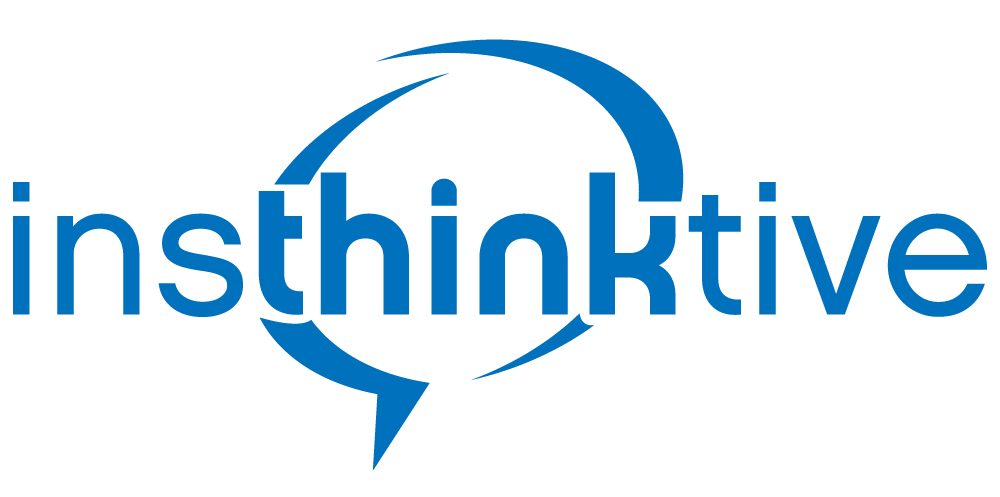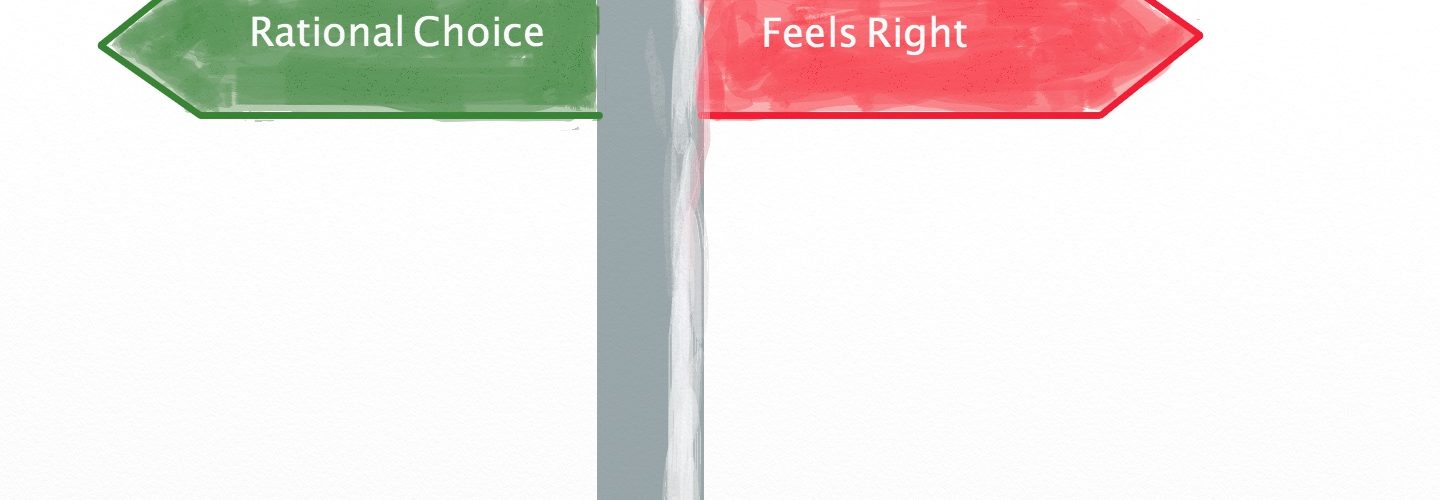All Buyers are irrational.
All Sellers are irrational too.
And if you are a salesperson. You too are irrational, when making decisions. You can learn how people behave from the experts. And it can give you an edge in your Sales Process.
Why is it that most salespeople focus on facts and features? Not emotions. Read on and find out some fascinating research facts.
Dan Ariely is an expert on behavioural economics. He is an expert on how people make decisions. His research gives you as sales leaders new ways to help buyers make better decisions.
In this TED talk, he gives examples of irrational thinking. You need to understand that these influences can have a significant impact on decision-making.
For example,
The Economist magazine advertised three packages for new readers,
1) An annual subscription to the online edition for €69
2) An annual subscription to the printed magazine for €125
3) A combination of both printed and online for €125.
84% chose option 3 the print and online version combined for €125.
No one picked option 2, for €125.
16% chose the first option for €69.
Wouldn’t you agree it seems like the logical decision?
They removed the middle option, (i.e. the option nobody selected). As you can see, there was a radical change in buying behaviour.
68% chose the €69 option
32% chose the €125 option (i.e. the print and online version)
How can this be?
Removing the middle option (the option nobody chose in the first advert), it affected decision-making. Buyer behaviour changed. And it changed dramatically.
So what did you learn?
Ariely’s research showed that the middle option influenced their decision. People used it as a reference point. With no reference point, buyers selected the cheapest option.
You have just learned something powerful. How can you test this?
Another example involved expert physicians. They examined a 67-year-old farmer. His right hip was painful, and he could not find a treatment.
The logical next step was a hip replacement. A radical step.
So they selected two groups of physicians. One group reviewed the farmer’s case. They got advice that there was another option available. It hadn’t been tried before. It was Ibuprofen (a painkiller).
The physicians had a choice. The could prescribe Ibuprofen. Or recommend a hip replacement.
The good news is that the majority chose Ibuprofen. The logical choice.
The second group of physicians reviewed the case.
They had three options. One was Ibuprofen. The second Piroxicam (another drug). Third a hip replacement.
One more choice. A lot more complication.
With three choices, not two. Would you expect a change in recommendations?
Should they recommend Ibuprofen?
Should they recommend Piroxicam?
Or continue with the original decision (to have the hip replacement).
Note; their decision was more complicated. There was more choice.
The majority of physicians, in this case, decided not to change the original recommendation.
In other words, the patient continued to a hip replacement. Wow! It is unbelievable. But powerful learning.
Key Takeaways
1) Humans make decisions irrationally. All buyers are human.
2) Offering choices (even options people NEVER select) helps decision making.
3) Complexity impacts decision-making. Keeping it simple, works.
Regards Ronan
Ronan is the “Sales Infrastructure Guy”.
Helping high growth tech companies build world-class sales systems and processes that scale.
Call me on +353(86) 7732201
Ronan Kilroy | Insthinktive Sales Leadership Ltd. | Blanchardstown, | Dublin 15, | Office 01 8220523
More Sales, More Consistently, In Less Time



